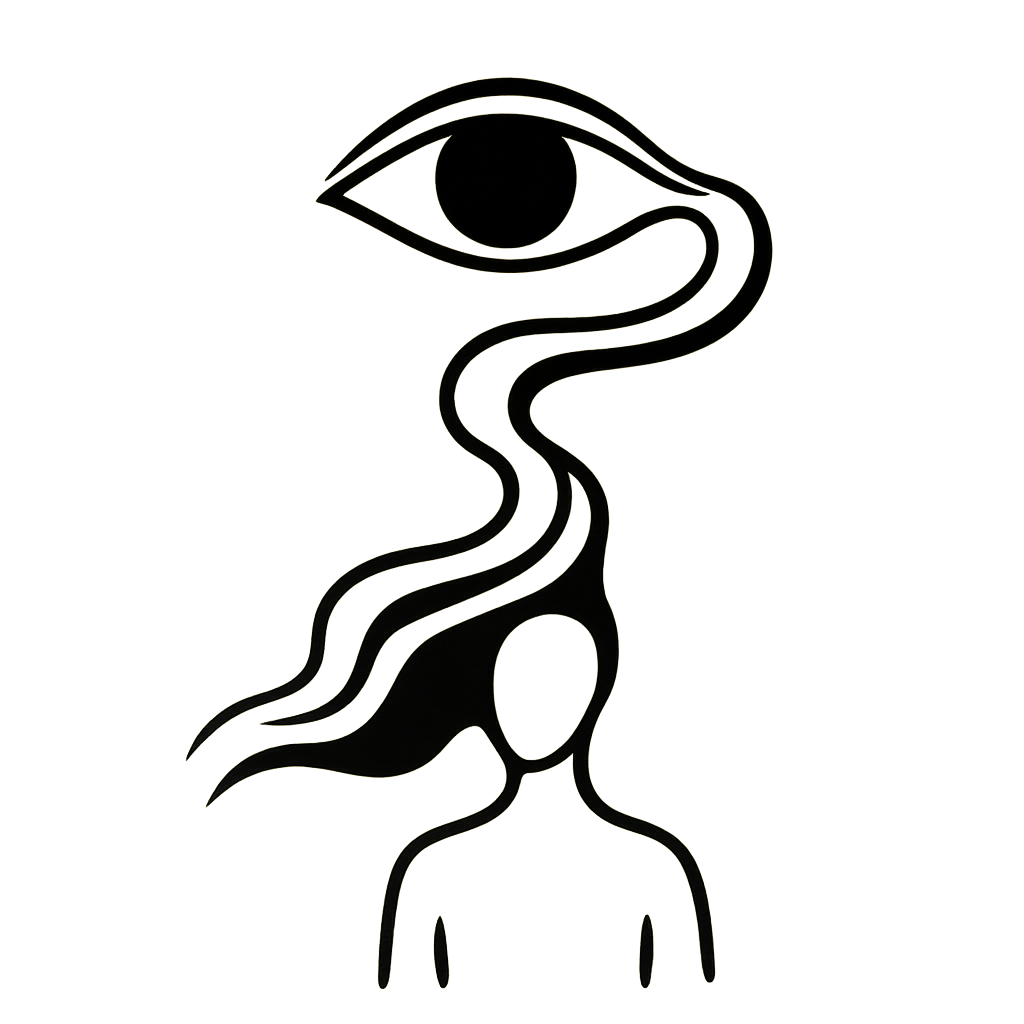
Third Person POV Dream Meaning
Unveiling Your Dreams: What Third Person Dream Narratives Reveal About You
Explore third person dreams as a medium for self-reflection and unique subconscious messages.
Analyze your dream instantly with Onira
AI-powered insights, private by design. Free on iOS and Android.
Introduction
When you dream, have you ever found yourself watching events unfold as though you are an observer rather than a participant? This phenomenon, known as a third person point of view, is more common than you might think. While dreams are as unique as the dreamers themselves, interpreting them can offer remarkable insights into your subconscious motives and desires.
Your subconscious might be trying to tell you something profound when you witness parts of your slumber in third person. Whether it's a mechanism for self-reflection or a portal into a deeper understanding of your psyche, there's always a story waiting to be explored.
🧠 Psychological Interpretation
Emotional Distance
Watching yourself from an external perspective might indicate a desire to gain distance from current emotional experiences. It allows a certain level of detachment, providing clarity or relief from intense emotional interactions in real life.
Self-Reflection and Growth
Sometimes, third person dreams are a narrative technique used by the subconscious to provoke self-reflection, allowing you to see yourself in a new light and assess personal growth and past actions from an unbiased perspective.
Anxiety and Control
Seeing yourself from afar could be a clear sign of anxiety looming in your subconscious mind. Being an observer can reflect feelings of helplessness or fear of losing control over certain situations in waking life.
🔬 Scientific Perspective
REM Sleep and Dream Narratives
Research suggests that third person dreams often occur during the REM stage of sleep. This phase is known to be densely packed with dream activity, accountability, and emotional processing, possibly contributing to narratives where you become an observer of your actions.
Storytelling and Cognitive Function
Neuroscience indicates that our brain regions activate storytelling mechanics akin to third person perspectives during cognitive processes, reflective of natural self-insight objectives.
🛠️ Practical Tips
Keep a Dream Journal
Journal your dreams as soon as you wake up to capture vivid details. Use these notes to identify recurring themes or emotions that can guide you to better understand your subconscious.
Reflect and Embrace
Rather than feeling alarmed or puzzled by such dreams, see them as opportunities for personal reflection. Consider what roles or actions your "external observer" self takes in these scenarios to glean insights into your waking life.
Conclusion
Interpreting dreams from a third person point of view can uncover different narrative layers buried within our subconscious. While these insights provide potential interpretations, remember, dreams are deeply personal experiences influenced by an intricate array of factors unique to each individual. By viewing dreams through third person lens, you are encouraged to become an active observer and a gentle guide, navigating through the stories your subconscious mind weaves.
Free Dream Analyzer
Paste a dream into Onira to get personalized, neuroscience-informed insights in seconds.

Embark on a journey of self-discovery
Meet your intelligent dream journal, and transform your wildest dreams into meaningful insights. Download today.
Instant Setup
Start logging your dreams in seconds. No complex setup required.
Cross-Platform
Sync your dreams across all your devices seamlessly.
